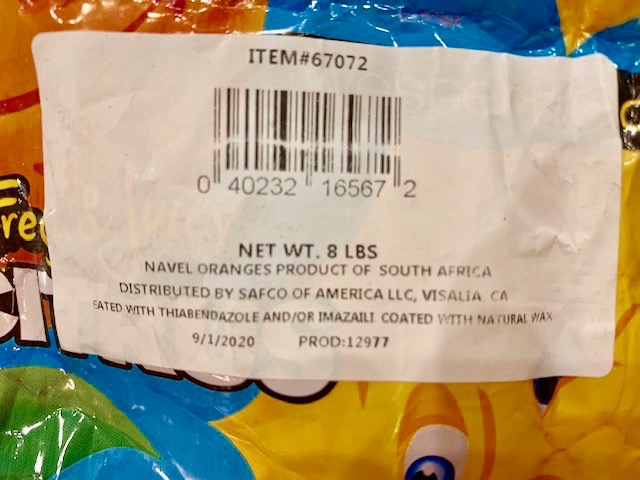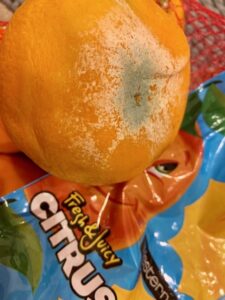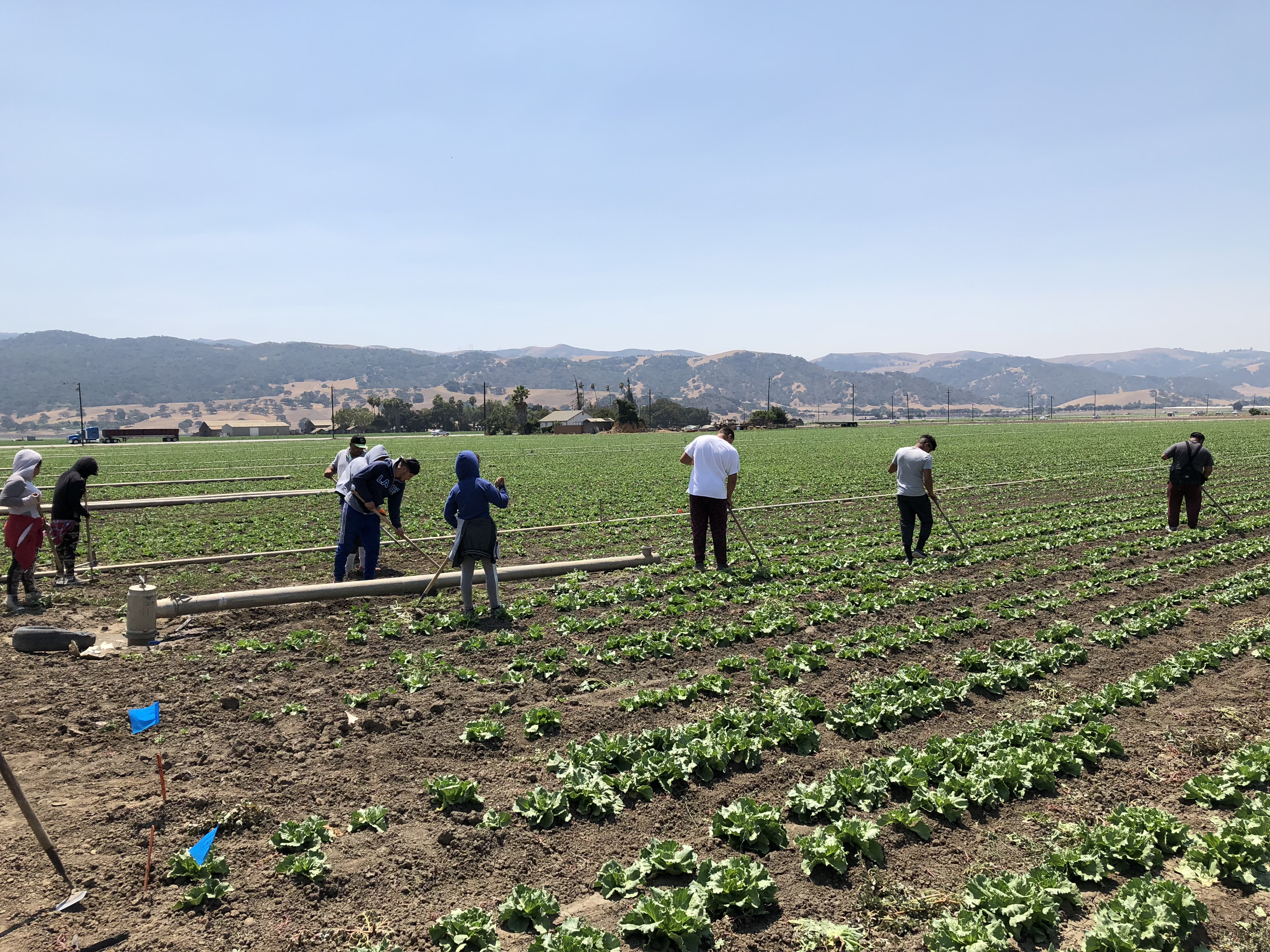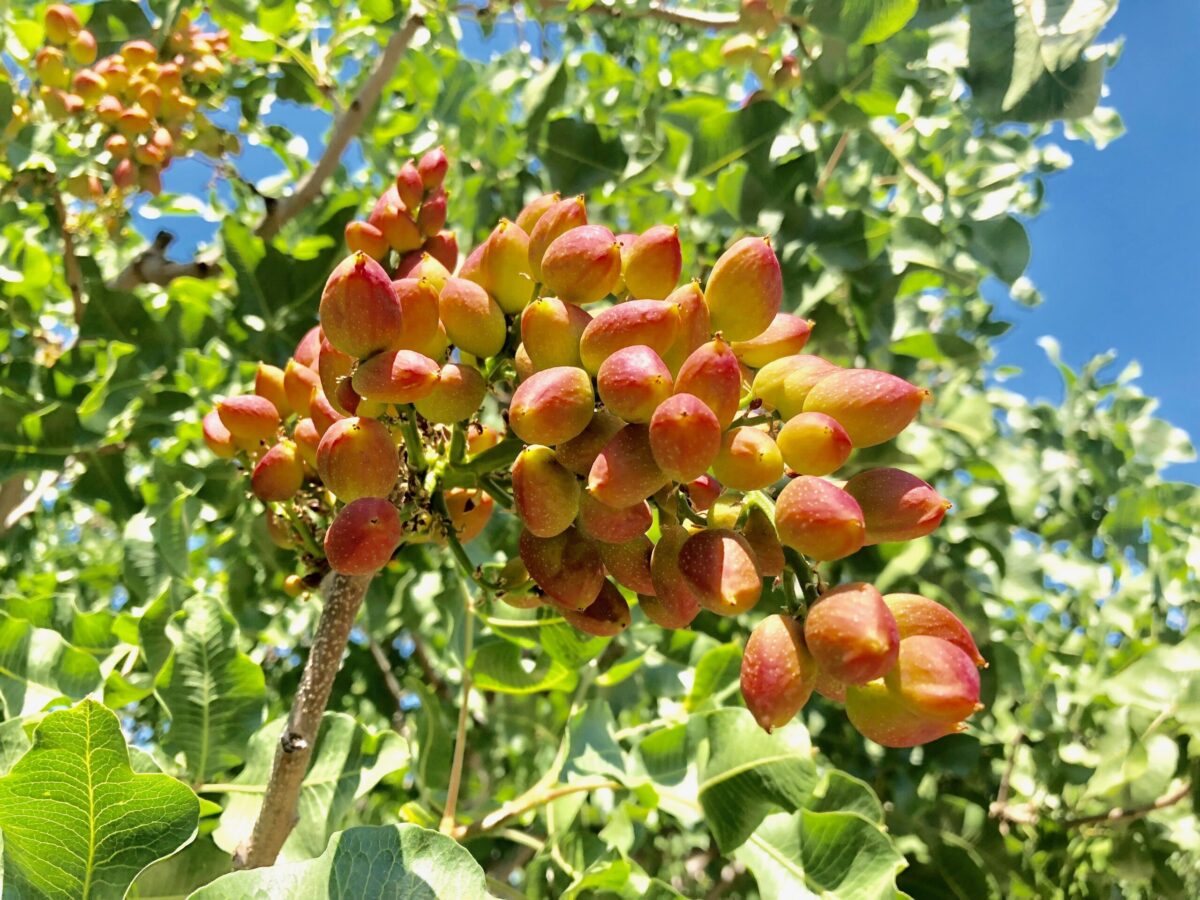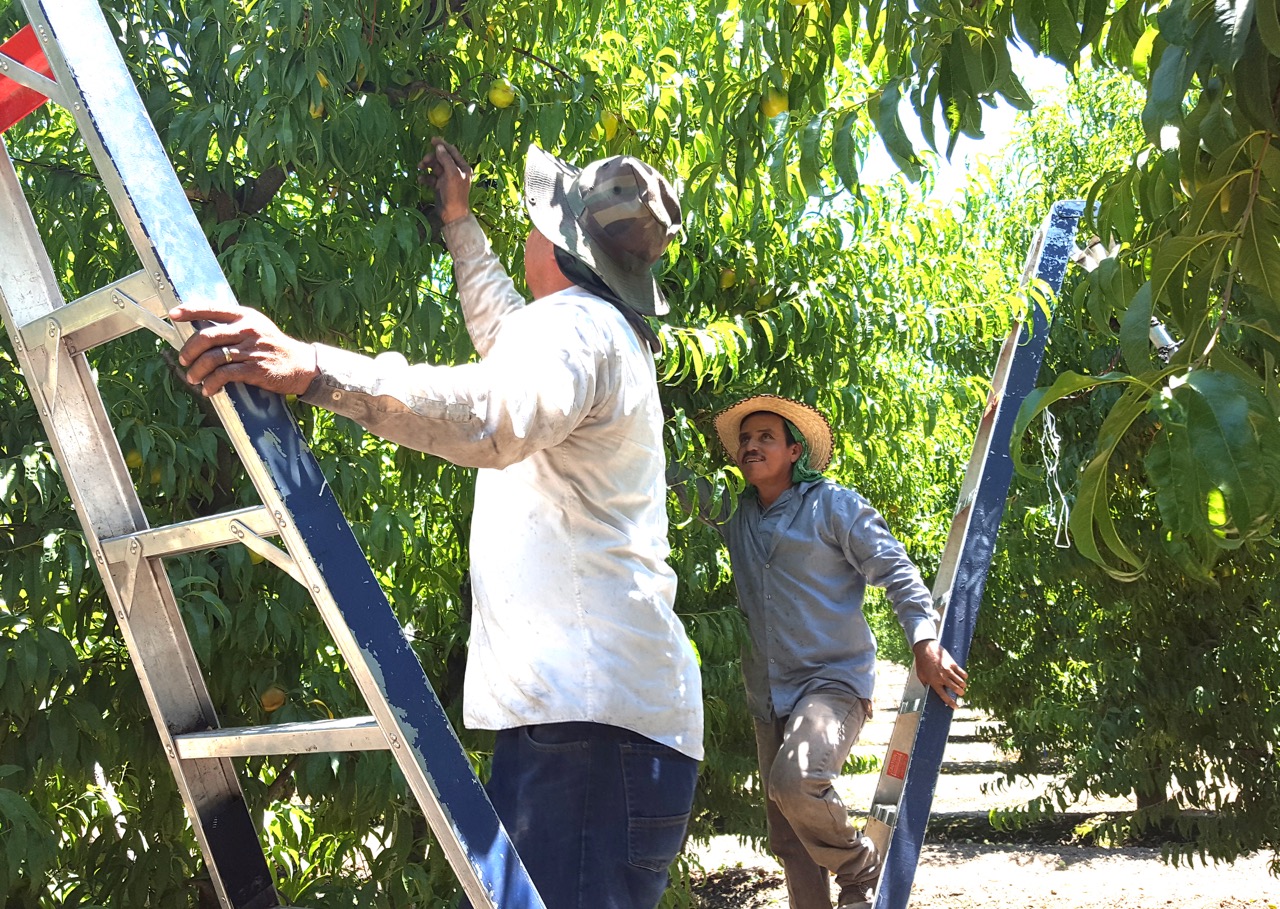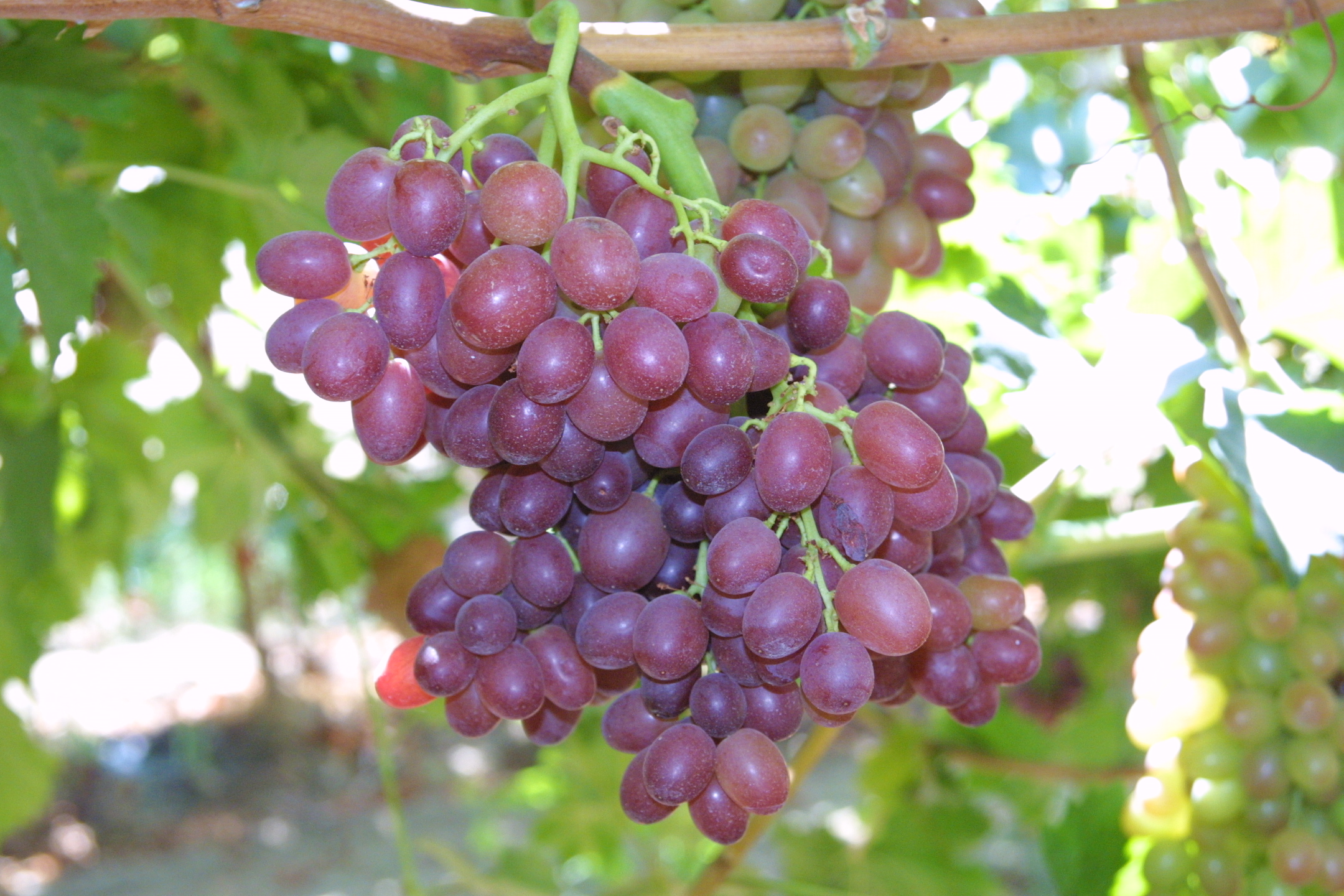World Ag Expo 2021 Canceled!
COVID-19 Cancels World Ag Expo and Causes Big Economic Hit to Agri-Center, hotels, restaurants Etc.
For more than 52 years, World Ag Expo® has served agriculture by bringing buyers and sellers together to innovate, collaborate, and advance agriculture. In 2021, the show will not be held live for the first time in World Ag Expo® history.
“After working with the Tulare County Health Department and other officials, it has become evident that given health and safety restrictions from the State of California, holding a live, international event is not responsible in February,” said Jerry Sinift, International Agri-Center® CEO.
The International Agri-Center® Board of Director’s decision to cancel the 2021 World Ag Expo® was not taken lightly, and comes after months of research and evaluation of future trends and known constraints. The decision was finalized earlier than the initial November deadline to provide exhibitors, attendees, volunteers, concessionaires, contractors, and local businesses time to adjust their Tulare farm show plans.
The cancellation of World Ag Expo® comes as another negative effect of COVID-19 for the International Agri-Center®, exhibitors, non-profit food vendors, attendees, area hotels, restaurants, and other associated businesses.
Attendees are encouraged to follow World Ag Expo® social media channels and watch their email inboxes for more information on World Ag Expo® projects throughout 2020 and 2021. They can join the World Ag Expo® email list to stay up-to-date at http://bit.ly/WAEupdates.
World Ag Expo® staff will reach out to exhibitors concerning fees and more options for 2021 starting Wednesday, September 16.
The 2022 World Ag Expo® is scheduled for February 8-10 at the International Agri-Center® in Tulare, CA.


